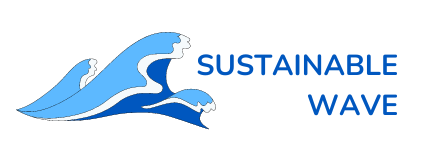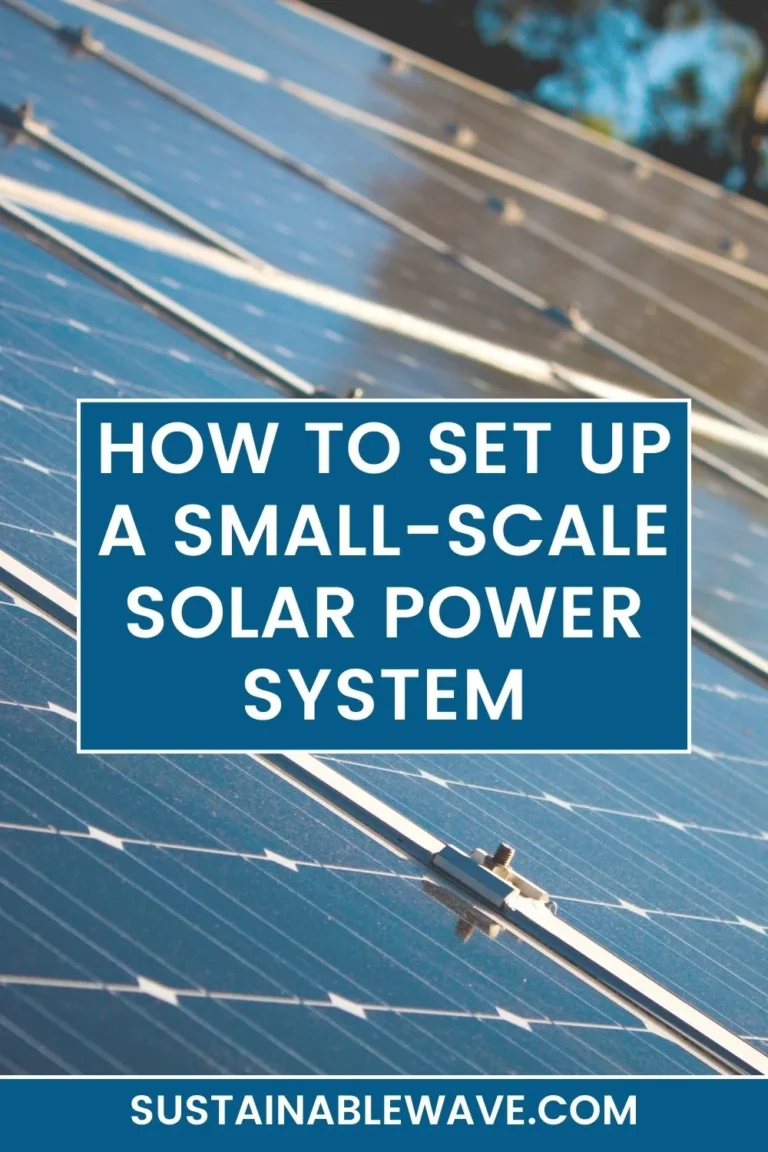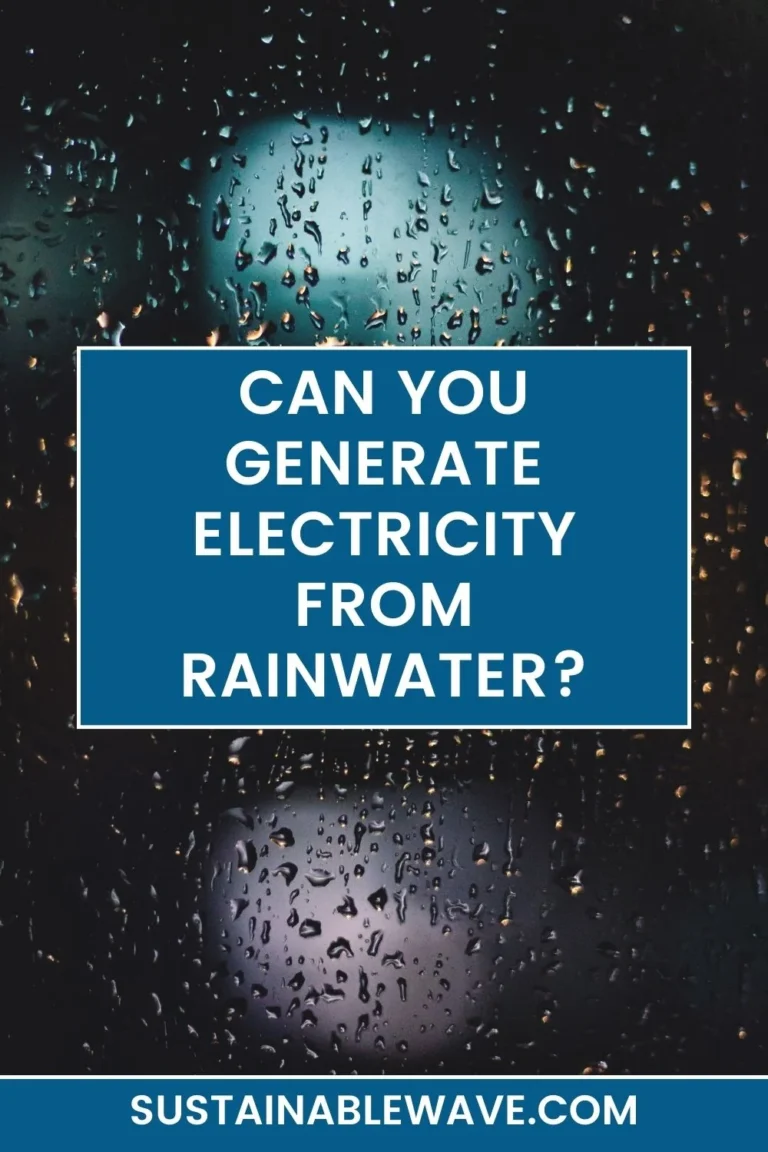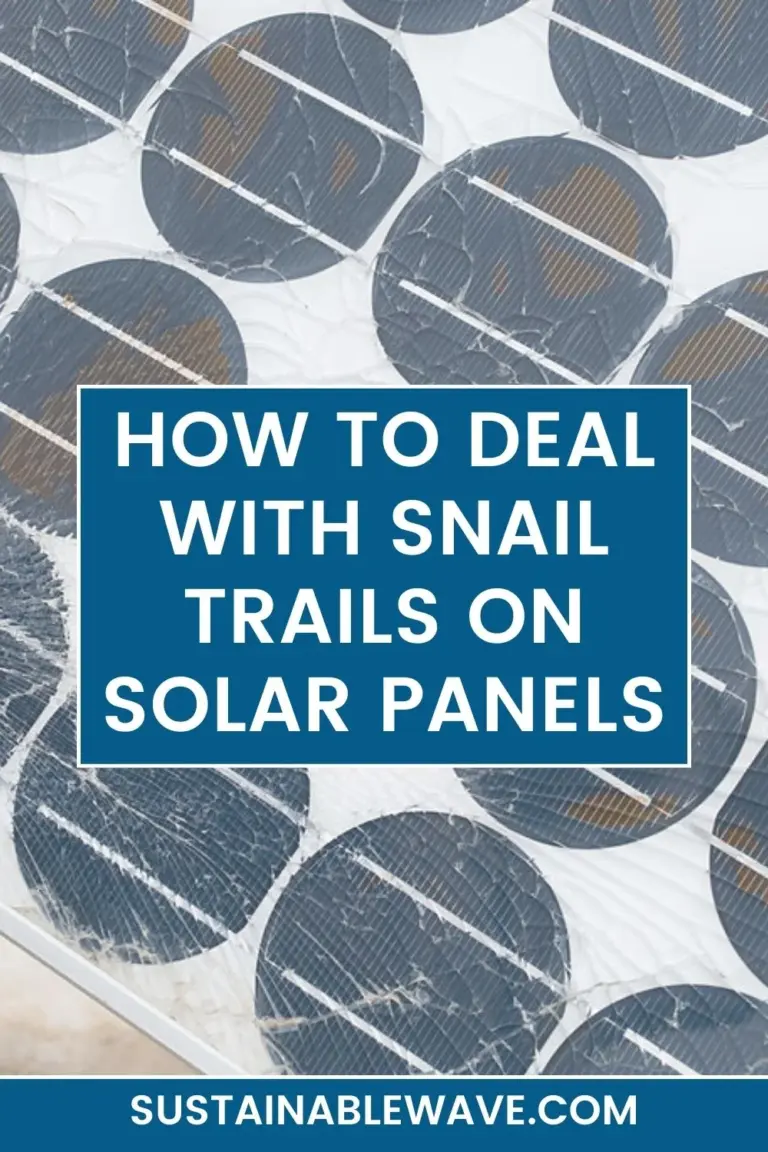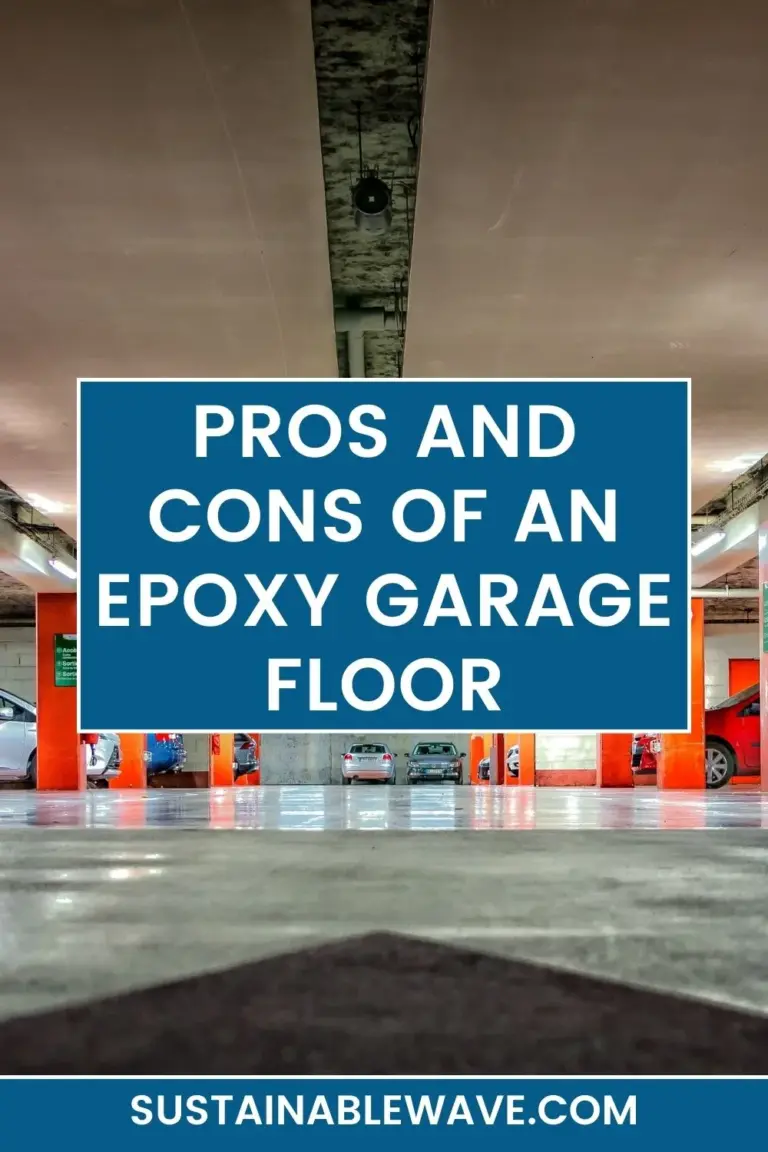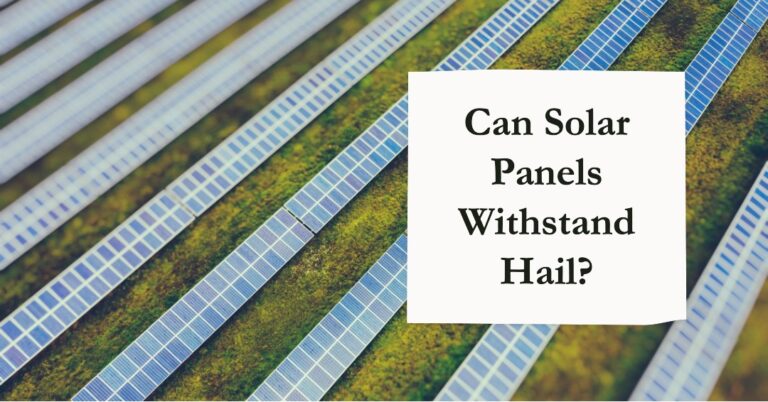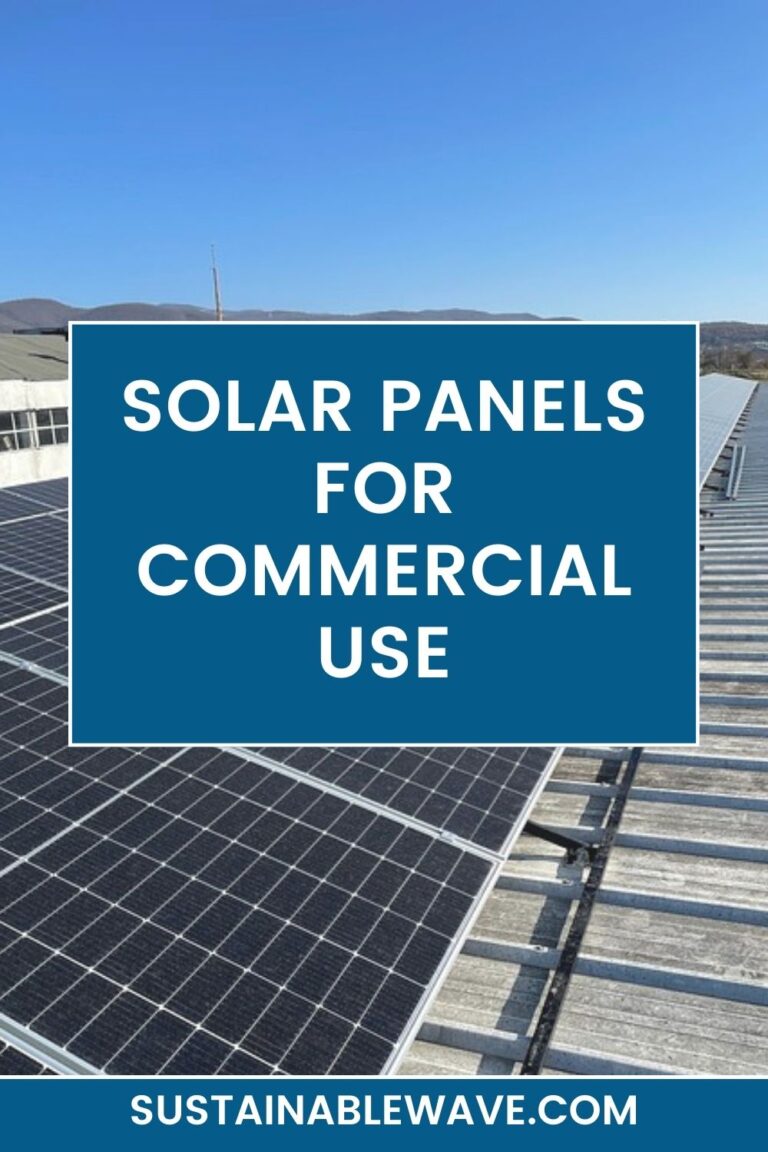A common myth is that solar panels are incompatible with metal roofs. However, that’s not the case. In fact, it’s quite the opposite.
Installing solar panels on a metal roof is not only possible, but it also presents a multitude of benefits, making it a great option for homeowners looking to go green and save on energy costs.
In this article, we’re going to debunk this misconception, showing you the ways solar panels can indeed be mounted on metal roofs, the benefits, potential drawbacks, and FAQs about this process.
Can Solar Panels Be Installed on a Metal Roof?

In this section, we’ll discuss the nuts and bolts of installing solar panels on a metal roof, as well as the technical aspects to consider.
Why Metal Roofs are Ideal for Solar Panel Installation
Firstly, metal roofs are robust and durable, making them an excellent base for solar panels. They can last up to 50 years, which aligns well with the lifespan of most solar panels. Furthermore, their slick, smooth surface is ideal for easy and secure installation.
Installation Process on Metal Roofs
The installation of solar panels on metal roofs typically involves attaching a mounting system to the ridges of the metal roofing material, onto which the solar panels are then attached. This process is often straightforward and less invasive than with other roofing materials, reducing potential damage risks.
Advantages of Installing Solar Panels on Metal Roofs
Marrying a metal roof with solar panels brings about a host of significant advantages.
This dynamic duo packs a powerful punch when it comes to efficiency, durability, and more.
Let’s further unpack the benefits of this winning combination:
- Longevity and Durability: As touched upon earlier, metal roofs and solar panels are both renowned for their longevity. Metal roofs can last up to 50 years or more, which aligns perfectly with the lifespan of solar panels. This durable pairing means less worry about replacing one before the other, ensuring a long-term return on your investment.
- Increased Energy Efficiency: Metal roofs are notorious for their energy efficiency. Their reflective surface bounces off the sunlight, thereby reducing heat absorption and lowering cooling costs. Coupling this with the energy production of solar panels creates an energy-saving powerhouse that’s tough to beat!
- Ease of Installation: Solar panels can be installed more easily on metal roofs than on other types of roofing. Metal roofs, especially those with standing seams, allow for a non-penetrative installation method, causing less stress to the roof structure and eliminating potential leak issues.
- Low Maintenance: Both solar panels and metal roofs require minimal maintenance. This is a time-saving and cost-effective benefit. They are less prone to damage and are known to withstand adverse weather conditions. Plus, metal roofs don’t provide the same kind of foothold for debris and growth that other roofs might, reducing the cleaning needs of your solar panels.
- Environmentally Friendly: This combination is a green dream team. Solar panels produce renewable energy, reducing reliance on fossil fuels, and metal roofs are often made from recycled materials and are 100% recyclable at the end of their life. Plus, the long lifespan of both reduces waste in the long run.
- Aesthetically Pleasing: Let’s not forget the visual appeal. Metal roofs have a sleek, modern look, and when paired with slim, efficient solar panels, they can give a home a clean, updated aesthetic.
Indeed, the advantages of installing solar panels on metal roofs make this combination a compelling choice for homeowners looking to increase their property’s energy efficiency and sustainability.

Potential Drawbacks to Consider
While the advantages of installing solar panels on a metal roof are considerable, it’s also essential to address the potential drawbacks. Let’s delve into some of the possible downsides:
- High Upfront Costs: The initial investment for both a metal roof and solar panels can be high compared to other roofing and energy options. However, it’s crucial to keep in mind that both are long-term investments that can provide significant energy savings and increase the value of your home.
- Professional Installation is Necessary: Both metal roofs and solar panels require professional installation to ensure they’re installed correctly and safely. DIY installation can lead to poor energy production, potential roof damage, and safety risks.
- Limited Qualified Installers: Depending on your area, it might be difficult to find a roofing contractor experienced with installing solar panels on metal roofs. It’s essential to have a knowledgeable professional for the job to avoid any installation issues.
- Potential Noise: During heavy rain or hail, metal roofs can be noisier than other types of roofs. While the solar panels may cover some of the roof and dampen the noise, it’s something to consider if you live in a region with frequent heavy precipitation.
- Weight Considerations: While metal roofs are generally sturdy, the additional weight of solar panels is something to consider. An assessment should be made to ensure the roof structure can support the additional load.
- Aesthetic Considerations: While many people find the combination of metal roofs and solar panels aesthetically pleasing, it’s a subjective matter. Some might not prefer the modern, industrial look of a metal roof or the appearance of solar panels.
These potential drawbacks aren’t meant to dissuade, but to paint a complete picture.
It’s essential to make an informed decision that weighs the pros and cons according to your specific situation, preferences, and long-term goals.
FAQs about Can Solar Panels Be Installed on a Metal Roof
- Are certain types of metal roofs better for solar panel installation? Yes, standing seam metal roofs are generally considered the best for solar panel installation due to their design and durability.
- Can solar panels be installed on older metal roofs? While it is possible, it’s recommended to assess the condition of the roof beforehand. If it’s nearing the end of its lifespan, replacing it before installing solar panels could be a better option.
- Will installing solar panels damage my metal roof? With professional installation, the risk of damaging your roof is minimal. Installers typically use mounting systems designed to avoid puncturing the roof.
- What about maintenance? Solar panels on metal roofs typically require less maintenance than other combinations. Both are known for their durability and longevity, reducing the need for frequent upkeep.
- Are there financial incentives for installing solar panels? Yes, there are federal tax credits and potentially local incentives available for homeowners installing solar panels. Always check with local and federal agencies to see what might apply to you.
- What happens if I need to replace my metal roof? Solar panels can be removed and reinstalled if a roof replacement is necessary. However, due to the longevity of metal roofs, this is typically a rare occurrence.
Key Takeaways
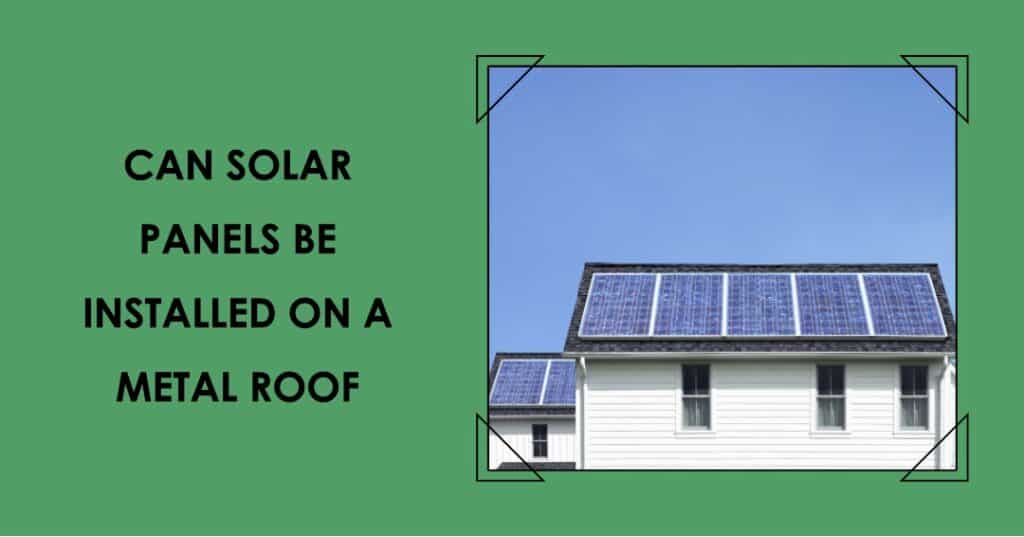
The key takeaway from this article on, Can Solar Panels Be Installed on a Metal Roof, is that installing solar panels on a metal roof is not only possible, but it can also be beneficial in several ways.
The combination provides longevity, increased energy efficiency, ease of installation, low maintenance, environmental friendliness, and visual appeal.
The potential drawbacks like higher upfront costs, the need for professional installation, limited qualified installers, possible noise, weight considerations, and aesthetic preferences should also be factored into the decision.
As with any significant home improvement, a balanced evaluation of the pros and cons is critical.
Sources
- EnergySage – “Metal Roofs and Solar: What You Need to Know”
- SunPower – “How Are Solar Panels Attached to Your Roof?”
- Modernize – “Installing Solar Panels on a Metal Roof: Everything You Need to Know”
- SolarReviews – “Solar panels and metal roofs: a match made for efficiency”
I’m Thomas, the owner of SustainableWave. Passionately promoting a sustainable planet. With experience in various eco-roles, I’ll share green tips, sustainability hacks, and personal eco-journeys on my blog.
